Azul announces 192 core Java Appliance
New Java Appliance crams 192 cores into a 5U rack-mounted system, with 768 cores to follow.
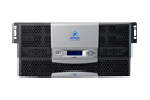
Network processing vendor Azul Systems has launched the latest generation of its Java appliances. Built using the company's new 48 core Vega 2 processor, the first systems offer up to 192 cores in a relatively small 5U system. A 768 core system with up to 788GB of RAM will be released next year.
Best thought of as a hardware replacement for a Java virtual machine, the first generation of Azul's appliances had an impressive performance, and the Vega 2 processor should offer a better than three times improvement.
Despite introducing a new processor architecture and microcode, Vega 2 systems will not require any new application development. Its performance looks good, and Azul is claiming a record score for the SPECjbb2005 benchmark. Other figures suggest that a large-scale data mining application could have more than a 300 per cent power saving over the equivalent x86 server farm - and in less than half the rack space.
British customers include BT, which is using Azul hardware to improve performance of their existing B2B portal. As Azul's appliances replace software JVMs with a networked pool of processing resources, applications didn't have to be rewritten. Additional Azul systems can be added to the pool as required, to deal with spikes in demand.
"We urgently needed to ensure service levels on a massive scale that we simply could not achieve with traditional servers," said Clive Selley, chief information officer at BT Wholesale. He also expects to see significant cost savings over traditional infrastructure implementations, especially in cooling and power requirements.
Azul has also renewed its partnership with BEA, and will certify the WebLogic platform for use with its appliances. Other supported Java frameworks include Gigaspaces' grid-computing platform. An ISV programme will help developers certify applications and technologies.
Get the ITPro daily newsletter
Sign up today and you will receive a free copy of our Future Focus 2025 report - the leading guidance on AI, cybersecurity and other IT challenges as per 700+ senior executives
-
 Bigger salaries, more burnout: Is the CISO role in crisis?
Bigger salaries, more burnout: Is the CISO role in crisis?In-depth CISOs are more stressed than ever before – but why is this and what can be done?
By Kate O'Flaherty Published
-
 Cheap cyber crime kits can be bought on the dark web for less than $25
Cheap cyber crime kits can be bought on the dark web for less than $25News Research from NordVPN shows phishing kits are now widely available on the dark web and via messaging apps like Telegram, and are often selling for less than $25.
By Emma Woollacott Published
-
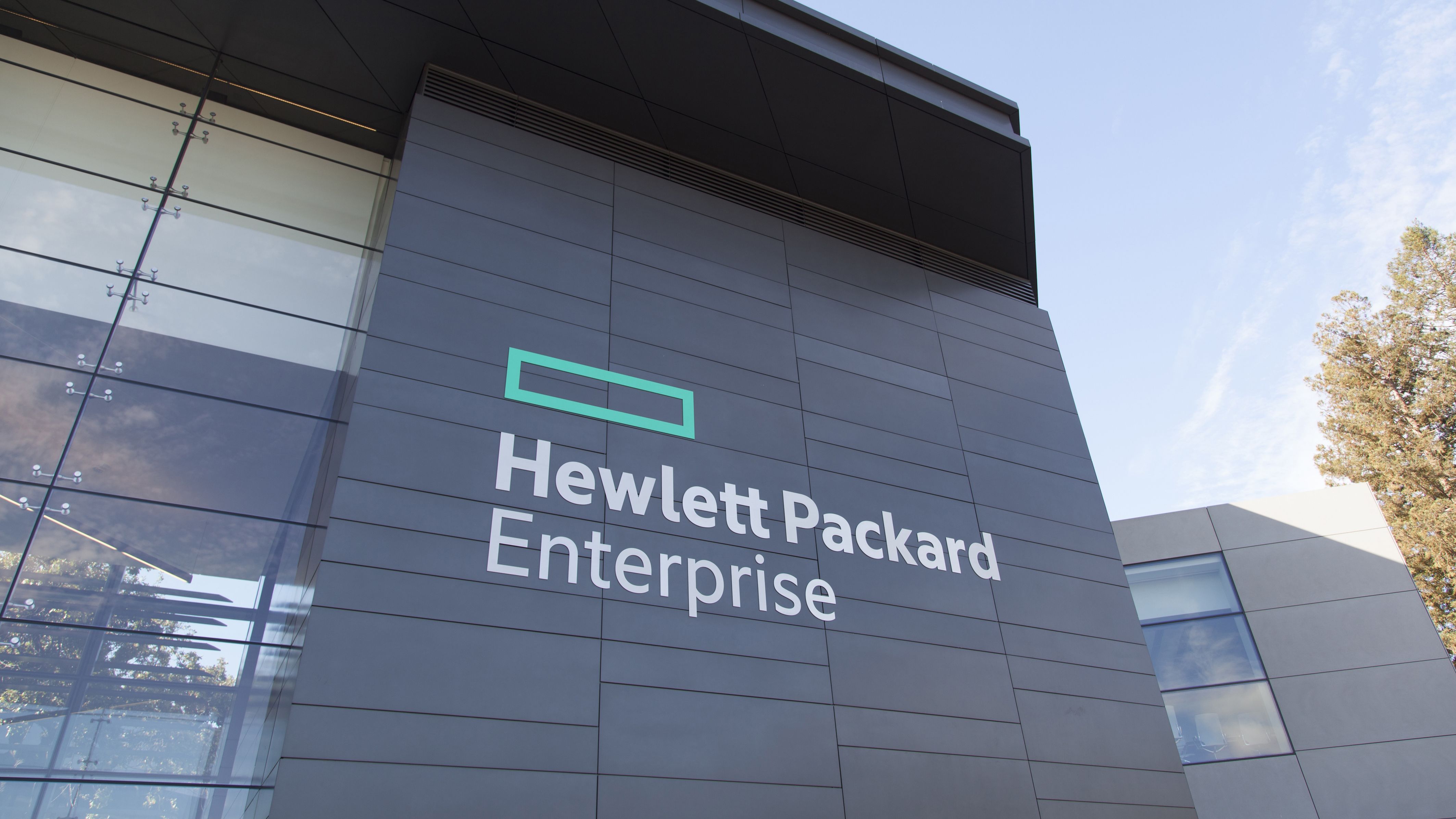 HPE launches ‘world’s first’ solar-powered supercomputer Hikari to solve Zika virus
HPE launches ‘world’s first’ solar-powered supercomputer Hikari to solve Zika virusNews Nearly a third of total power used by supercomputer supplied by renewable energy sources
By Sooraj Shah Published
-
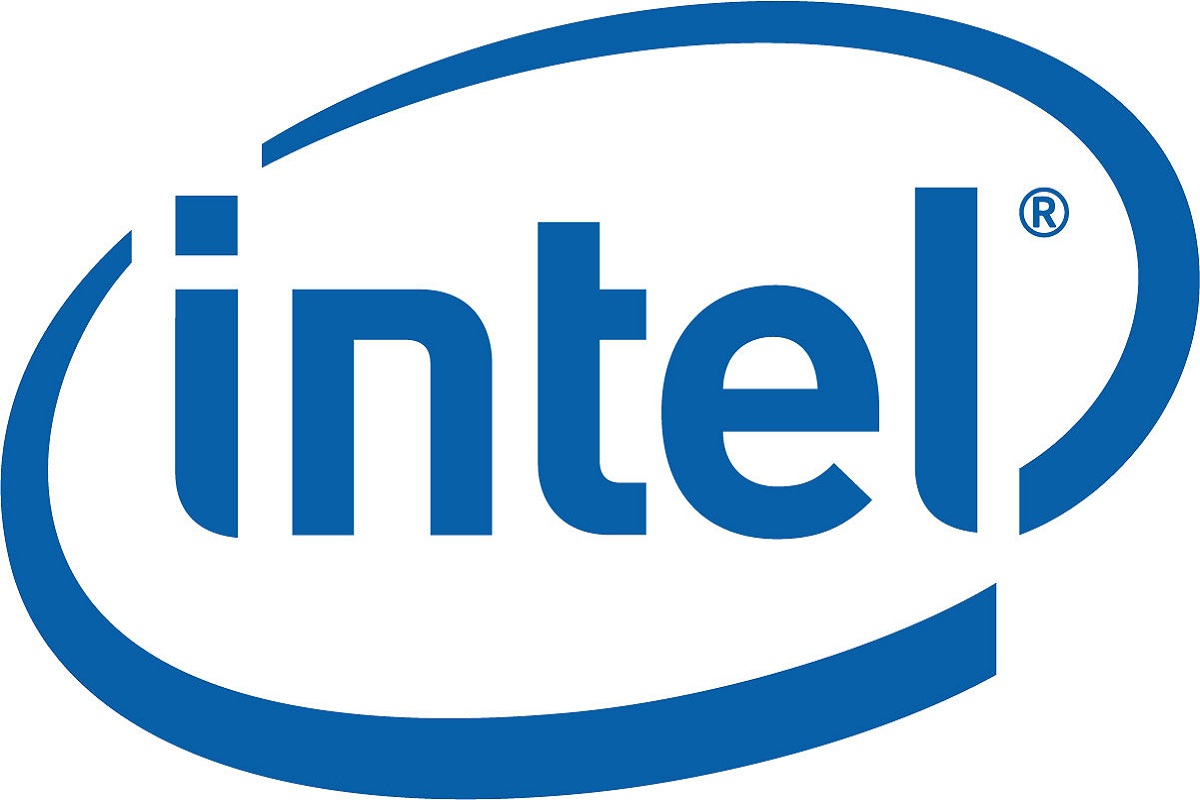 Intel confirms Altera purchase: What happens next?
Intel confirms Altera purchase: What happens next?Analysis The acquisition will enable Intel to integrate Altera's FPGA products to meet customers' IoT and data centre needs
By Rene Millman Published
-
 ARM unveils mbed OS for Internet of Things
ARM unveils mbed OS for Internet of ThingsNews Free OS could help developers speed up IoT products and devices, it is hoped
By Rene Millman Published
-
 AMD buys into cloud server market with SeaMicro
AMD buys into cloud server market with SeaMicroNews The acquisition of SeaMicro will give the chip manufacturer a clear entrance into the cloud.
By Jennifer Scott Published
-
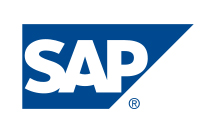 SAP splashes £2.18bn on SuccessFactors
SAP splashes £2.18bn on SuccessFactorsNews The firm boosts their business software with the inclusion of Human Capital Management.
By Jennifer Scott Published
-
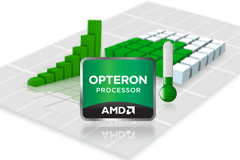 AMD launches 16-core chips for cloudy goodness
AMD launches 16-core chips for cloudy goodnessNews The 16-core chips should benefit cloud users looking for scalability and efficiency.
By Tom Brewster Published
-
 Fujitsu returns to UK supercomputing
Fujitsu returns to UK supercomputingNews The HPC Wales project gets a boost as Fujitsu signs up to provide the initiative's distributed grid.
By Tom Brewster Published
-
 SETI boosted by nVidia CUDA tech
SETI boosted by nVidia CUDA techNews Nvidia's latest CUDA powered graphics chips helping hunt aliens - in real-life rather than in games.
By Benny Har-Even Published